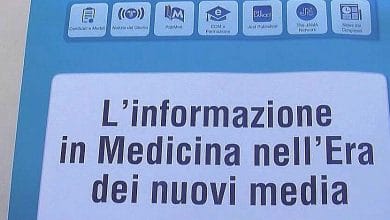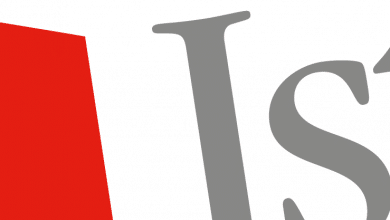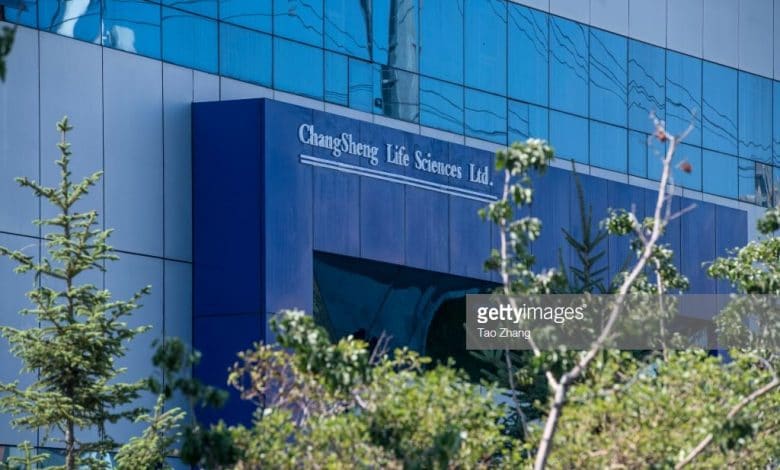
One of the largest vaccine manufacturers in the country is suspected of changing production and quality control data. The caso is the latest in a series of irregularities in the Chinese pharmaceutical industry.
Por Deutsche Welle- 07/23/2018
Chinese police have opened an investigation into the pharmaceutical company Changsheng Biotechnology Co., one of the country's largest vaccine manufacturers. The company is suspected of falsifying both rabies vaccine dose production records and quality control records.
The president and four other top executives of the company are the targets of the investigation. According to the Chinese Food and Drug Administration, in addition to falsifying documents, the pharmaceutical company tampered with production process parameters and equipment.
While there are no reports of people being harmed by the counterfeit vaccines, the agency ordered a halt on the company's production of vaccines for human use after it found leftover samples frozen. In China, the rabies vaccine is given to babies from three months onwards.
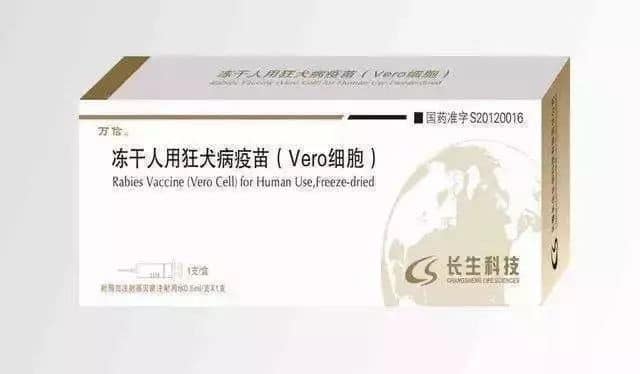 In addition to the problems with the rabies vaccine, about two weeks ago Changsheng Biotechnology was notified by authorities in Jilin province of irregularities regarding the effectiveness of a type of trivalent vaccine against diphtheria, tetanus and pertussis. The company was fined approximately $ 282,000.
In addition to the problems with the rabies vaccine, about two weeks ago Changsheng Biotechnology was notified by authorities in Jilin province of irregularities regarding the effectiveness of a type of trivalent vaccine against diphtheria, tetanus and pertussis. The company was fined approximately $ 282,000.
Changsheng Biotechnology apologized on Monday for the irregularities and said the authorities halting vaccine production would have a significant impact on its finances.
After emerging last Friday, the case caused a stir in social networks. A hashtag related to the scandal was among the country's top topics, despite reports of censorship. Authorities had known for months that there were irregularities at the company.
Chinese Prime Minister Li Keqiang called for an immediate investigation into the case on Sunday and stressed that the public needed clear information. “We will resolutely keep cracking down on illegal and criminal acts that endanger the safety of people's lives,” he added.
During an official trip to Africa, Chinese President Xi Jinping reiterated the prime minister's words and called for a full investigation and severe punishment for those responsible. “The illegal production of vaccines by Changsheng Biotechnology is appalling and shocking,” he said.
The case is the latest in a series of scandals affecting the Chinese pharmaceutical industry. In 2016, the authorities announced that they had dismantled a network that had been illegally producing the vaccines since 2011. The doses were not transported in adequate conditions and could, in addition to not working, also cause death on the market.
A more serious episode occurred in 2008, when at least six children died and 300,000 were affected by melamine contamination of infant formula.
Last week, European regulators also found that a heart and blood pressure drug made by Chinese drug maker Zhejiang Huahai and sold in Europe may contain a carcinogenic impurity. The substance would be present in the medicine since 2012.
Bloomberg: Changsheng Bio-Technology Co., Ltd. exports its products to Southeast Asia, the Middle East, Africa, India, Russia, Egypt and Central and South America. The company was founded in 1992 and is headquartered in Changchun, China. Changsheng Bio-Technology Co., Ltd. is a subsidiary of Changchun High & New Technology Industry (Group) Inc.
China, few controls and corruption behind the vaccine scandals
The scandal that has engulfed Chinese healthcare and pharmaceutical companies is making more and more noise. Industry experts point the finger at corruption within the health system and the lack of controls. President Xi Jinping calls for certain and severe penalties for those responsible. For eight years there have been fatal accidents related to the sector.
Beijing (AsiaNews / Agencies) - Poor control and corruption: according to the competent authorities this is the reason for the continuous scandals that are engulfing Chinese health care.
The National Institutes for Food and Drug Control is the agency that certifies the quality of medicines and food products. A former employee 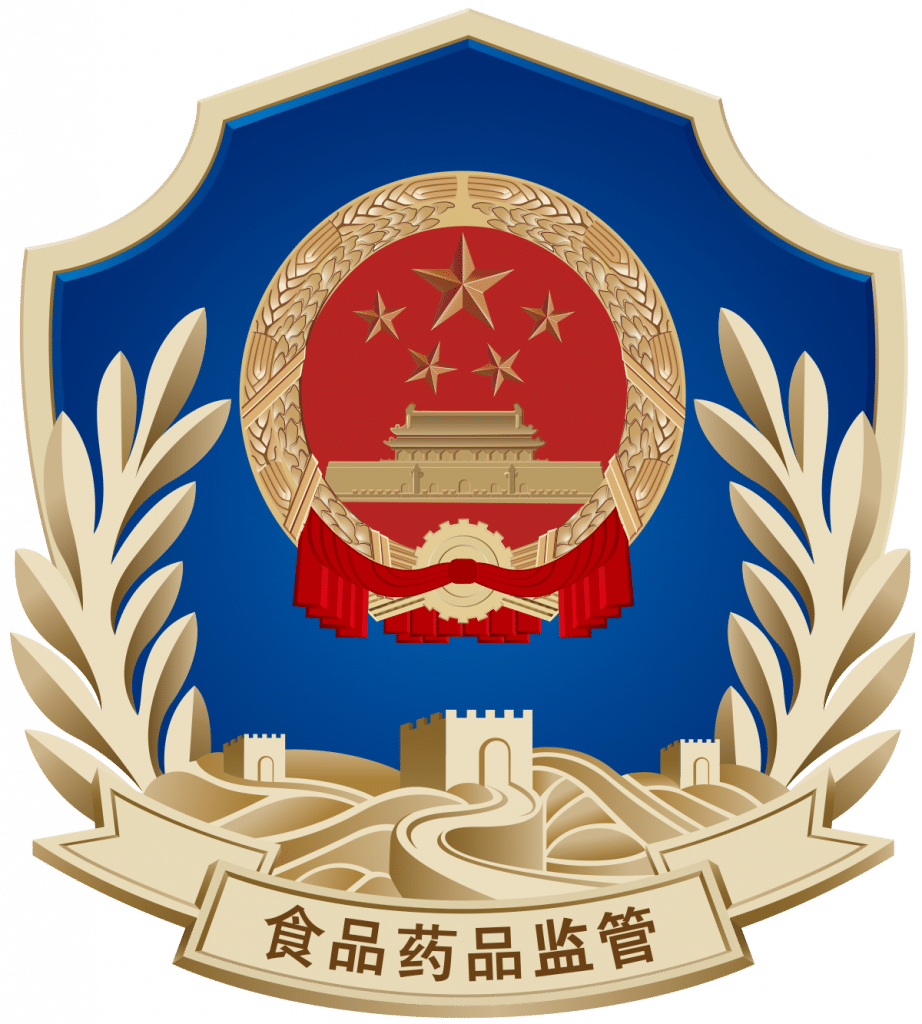 says the institution does not have enough staff: “We are the only institute in China capable of testing the quality and efficacy of vaccines. Provincial-level institutions cannot do this. China produces over a billion vaccines every year. You can't test every batch before putting them on the market." Only the 5% of the samples is verified, and even on this percentage not all parameters are examined.
says the institution does not have enough staff: “We are the only institute in China capable of testing the quality and efficacy of vaccines. Provincial-level institutions cannot do this. China produces over a billion vaccines every year. You can't test every batch before putting them on the market." Only the 5% of the samples is verified, and even on this percentage not all parameters are examined.
Changsheng Biotech, at the center of the scandal these days, is the second national producer of vaccines. The unannounced inspection in recent days revealed that the company was providing false data on the production and testing of rabies and diphtheria, pertussis, and tetanus (DPT) vaccines.
Prime Minister Li Keqiang and President Xi Jinping have called for an immediate investigation into the faulty vaccines, saying drug companies have crossed a "moral line".
Meanwhile, the company's president, Gao Junfang, and four senior executives were detained by the police for questioning. Changsheng Biotech has lost nearly half of its share value since the Drug Administration uncovered the data falsification. The company, headquartered in Changchun, Jilin, was China's second-largest supplier of rabies and chickenpox vaccines last year. The company supplies government supply centers, which in turn distribute vaccines to the public. In China, mandatory vaccines like DPT are given to children under a state-sponsored health program at hospitals and disease control centers.
However, the scandal also affects state officials who are supposed to carry out control operations. Chinese court rulings show government employees accepting bribes of hundreds of thousands of yuan to approve a vaccine. Some Centers for Disease Control (CDC) officials have also taken bribes to introduce vaccines. One of them, who was identified as "Xia," directed the vaccination program in Yuhua District in Shijiazhuang, Hebei Province. On that occasion, he accepted 100,000 yuan in bribes from a company that was not certified to sell vaccines.
In the last eight years, the vaccination scandals have followed one another almost without interruption. In March 2010, about 100 children in Shanxi Province died and others were permanently disabled as a result of vaccinations. In December 2013, 17 children in Sichuan died from a hepatitis B vaccine. The authorities denied linking the deaths to the vaccinations. In August 2014, entire batches of rabies vaccine contaminated with poisonous substances were found in Liaoning. Two years later, in Shandong, a pharmaceutical company distributed vaccines worth 260 million yuan nationwide without complying with proper refrigeration procedures.



